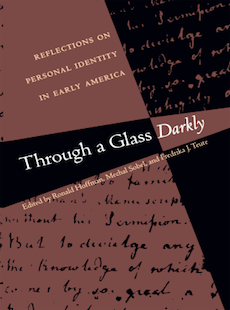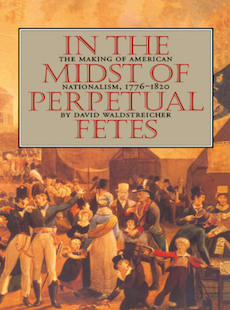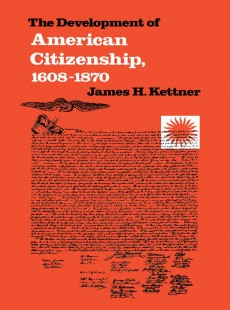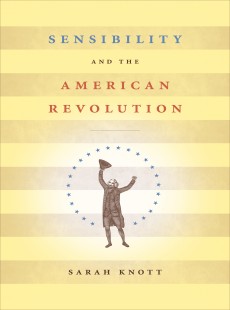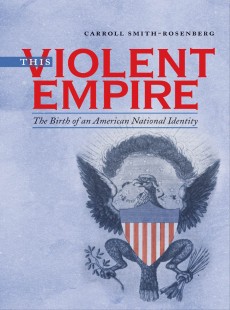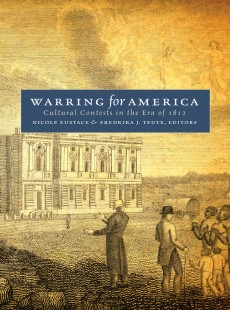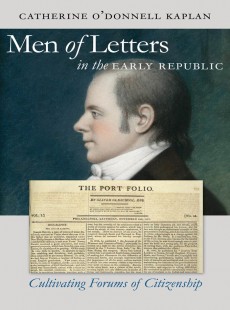
Men of Letters in the Early Republic
Cultivating Forums of Citizenship
Catherine O'Donnell Kaplan
 Publisher: Omohundro Institute
Publisher: Omohundro Institute
Imprint: OIEAHC
Published: 03/2008
Reprint: 2008
Pages: 256
Subject: Colonial, Revolutionary Era & Early American History,American Studies,Literature/Literary Criticism: American
Paperback ISBN: 9780807858530
eBook ISBN: 9780807838808
DESCRIPTION
In the aftermath of the Revolutionary War, after decades of intense upheaval and debate, the role of the citizen was seen as largely political. But as Catherine O'Donnell Kaplan reveals, some Americans saw a need for a realm of public men outside politics. They believed that neither the nation nor they themselves could achieve virtue and happiness through politics alone. Imagining a different kind of citizenship, they founded periodicals, circulated manuscripts, and conversed about poetry, art, and the nature of man. They pondered William Godwin and Edmund Burke more carefully than they did candidates for local elections and insisted other Americans should do so as well.
Kaplan looks at three groups in particular: the Friendly Club in New York City, which revolved around Elihu Hubbard Smith, with collaborators such as William Dunlap and Charles Brockden Brown; the circle around Joseph Dennie, editor of two highly successful periodicals; and the Anthologists of the Boston Athenaeum. Through these groups, Kaplan demonstrates, an enduring and influential model of the man of letters emerged in the first decade of the nineteenth century.
ABOUT THE AUTHOR
Catherine O'Donnell Kaplan is assistant professor of history at Arizona State University.
REVIEWS
"Forces us to move beyond a national framework and to foreground the local and regional networks at work in the post-Revolutionary era."
--Common-Place
"A rich source of information for scholars of the early republic, gender, and American cultural production and print media."
--Journal of American History
"[A] thoughtful book."
--Bookforum
"A thoughtful and well-researched book."
--The New England Quarterly
"Insightful. . . . Subtly nuanced. . . . Delineates the mutable character of, and complex relationship between, those broad political and cultural concepts . . . that some scholars of eighteenth-century America tend to deploy rather loosely or monolithically."
--William and Mary Quarterly
"Presents . . . theoretically sophisticated arguments that are nevertheless grounded in well-researched historical material contexts. . . . Brings substantive historical research to bear on our ways of thinking about literature and the public sphere in the early U.S."
--College Literature
RELATED TITLES


